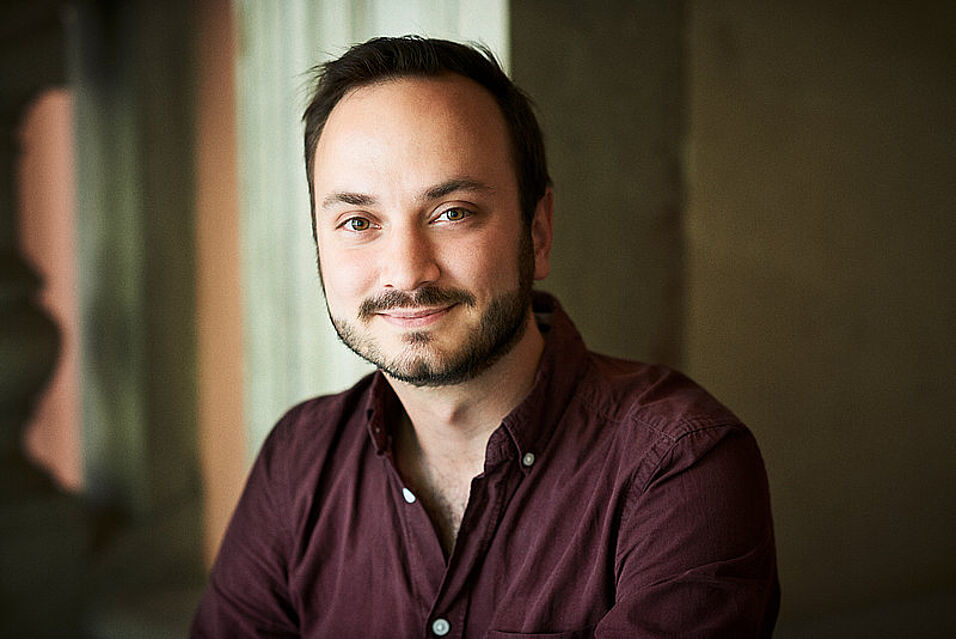Article by Adriana Sofia Palloks (✉ adriana.palloks@univie.ac.at)
In recent years, the trust in the news media and journalism has been declining. This is also the case in Austria. According to the latest Digital News Report from 2020, around a quarter of Austrians disagree with the statement that they can "trust most news most of the time". Communication scientists Andreas Riedl and Jakob-Moritz Eberl argue that the degree of media trust could be directly linked to citizens' political attitudes and their trust in politics. The two researchers examined the audience expectations of journalism and the political views of Austrian citizens and compared these with the role orientations of Austrian journalists in order to receive a specific understanding of audience expectations.
The online survey was conducted between February and March 2019 in the course of the Austrian National Election Study and included 2775 Austrian participants. For the investigation of the journalistic perspective, the researchers used the data of the last Worlds of Journalism Study which included 818 Austrian journalists.
The comparative study showed that audiences and journalists agree the most on three core functions: journalism should perform the role of the Observer, the Informer, and, to a certain extent, that of the Entertainer. Opinions differ when it comes to further role expectations. While journalists stronger seek for contextualizing news coverage (Analyst) and strive for economic stability for their industry by addressing a broader audience (Marketer), the audience prefers journalistic functions that are supposed to encourage political participation (Mobilizer) and ensure the monitoring and scrutinization of political leaders (Watchdog). The authors explain: "roles more strongly expected by the audience than supported by journalists" can lead to "a potential area of conflict".
However, the study also detected contradictions in audience expectations: some participants call for the function of the Watchdog (keeping a close eye on the political ruling elite), while others call for the function of the Collaborator (supporting current government policies). Such results demonstrate how diverse the views of the audience can be.
What makes this study special is its reference to political parameters which give insight into the reasons for certain audience expectations. The authors underline how political attitudes and the overall satisfaction with current government leadership provides more information about the root of audience expectations than media usage and media trust. For example, they find that journalisms' role as an Observer can be linked to political trust and political interest. Audiences must therefore not merely be viewed as news consumers but also as political beings in order to fully understand their expectations of journalism.
From the findings above, the authors came to the following conclusion: "What citizens expect from journalism is not only related to what media they use but also to their individual political beliefs and to how much they trust the media – and these expectations partly differ from what is perceived as relevant in professional journalism. These audience expectations should be taken seriously so that some citizens don't further turn their backs on media and public discourse."
Publication details
Riedl, A., & Eberl, J.-M. (2020). Audience expectations of journalism: What's politics got to do with it? Journalism. Advance online publication. doi:10.1177/1464884920976422



